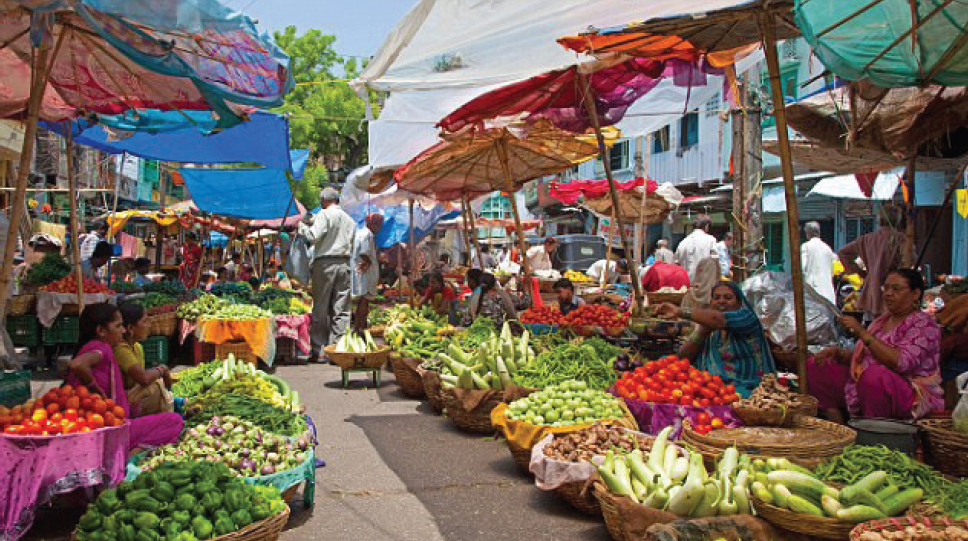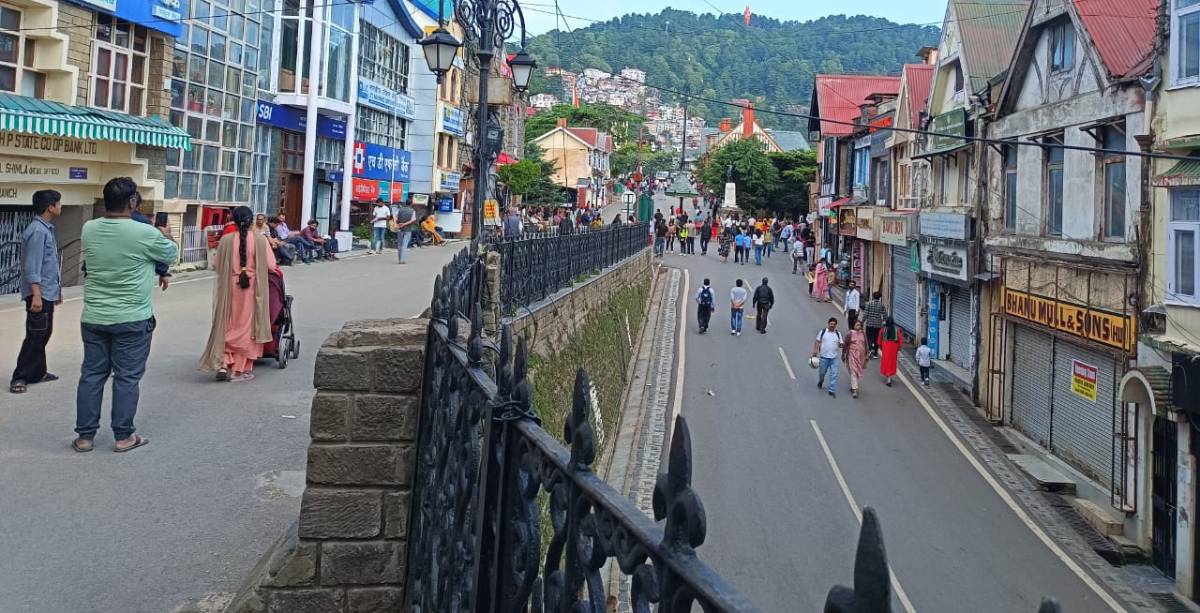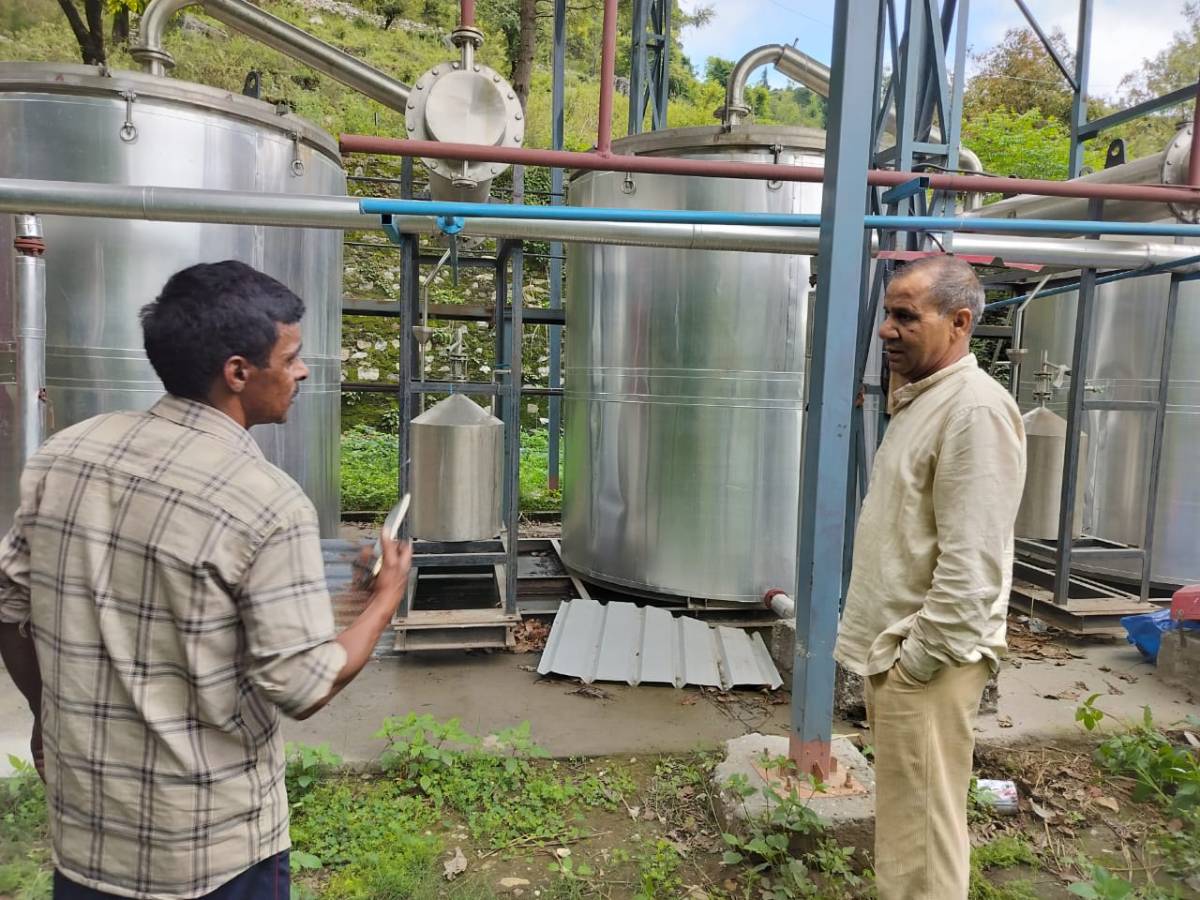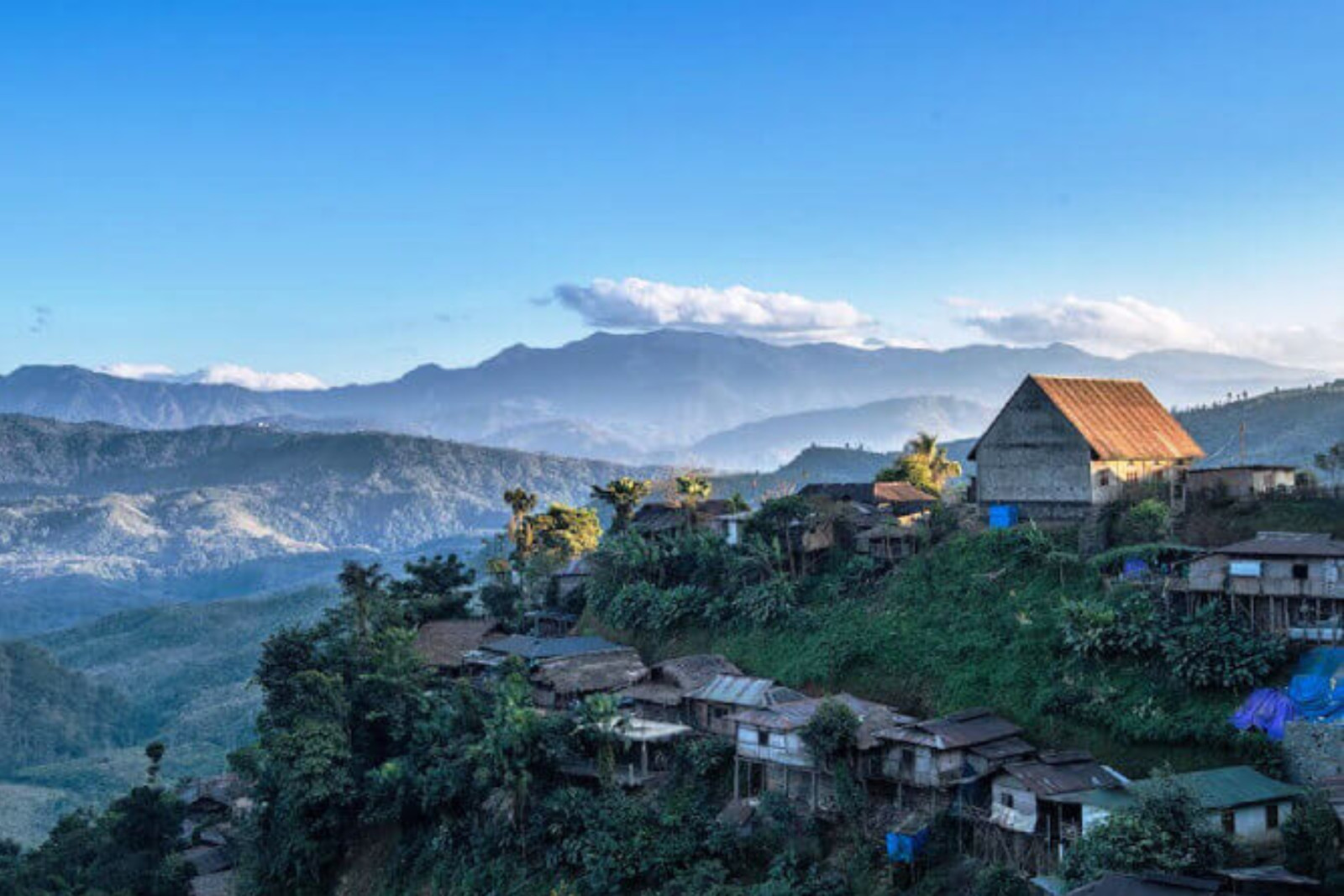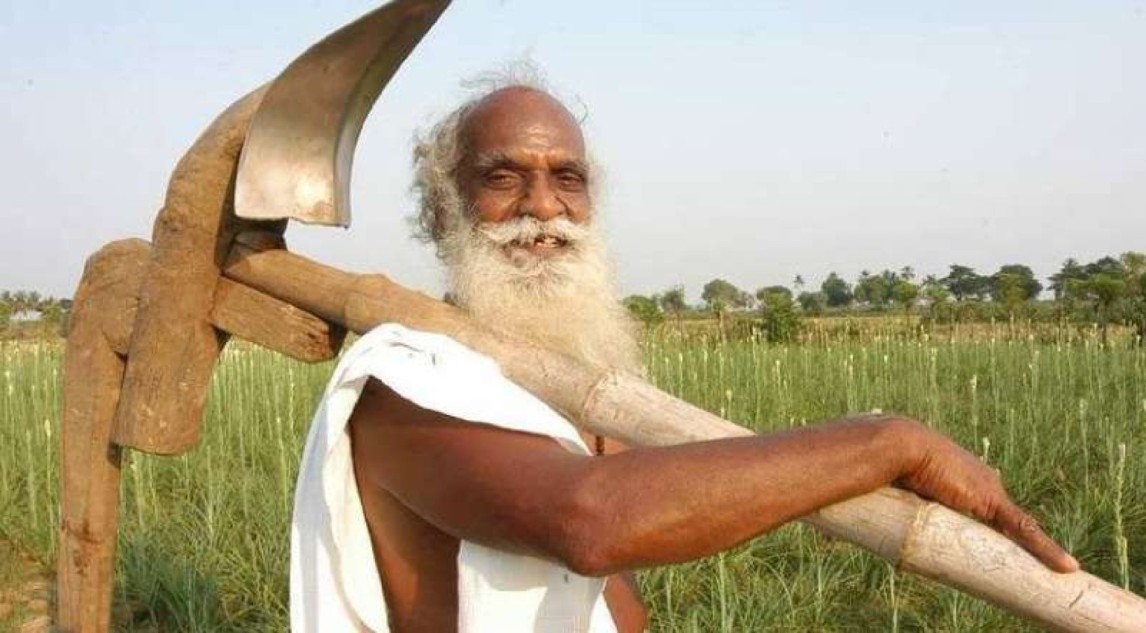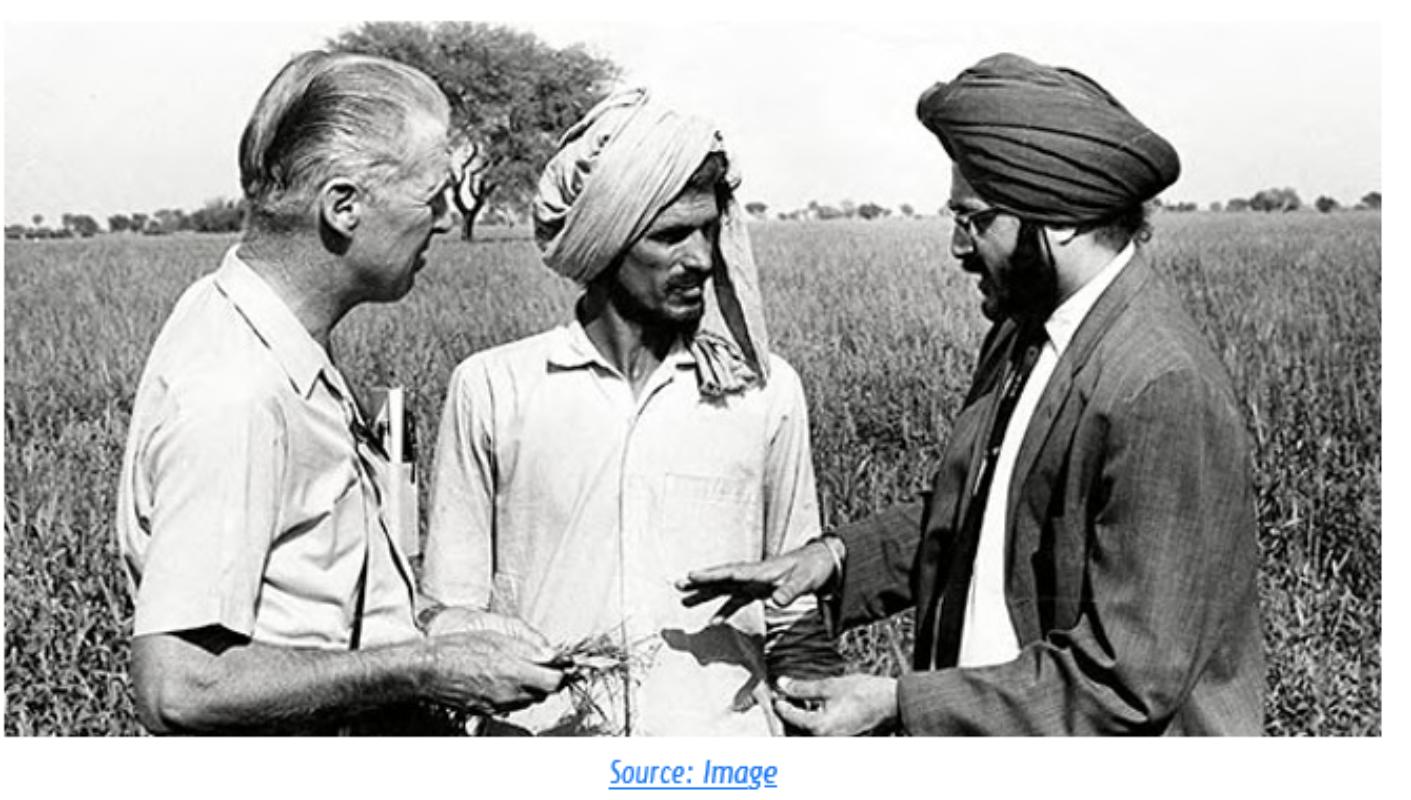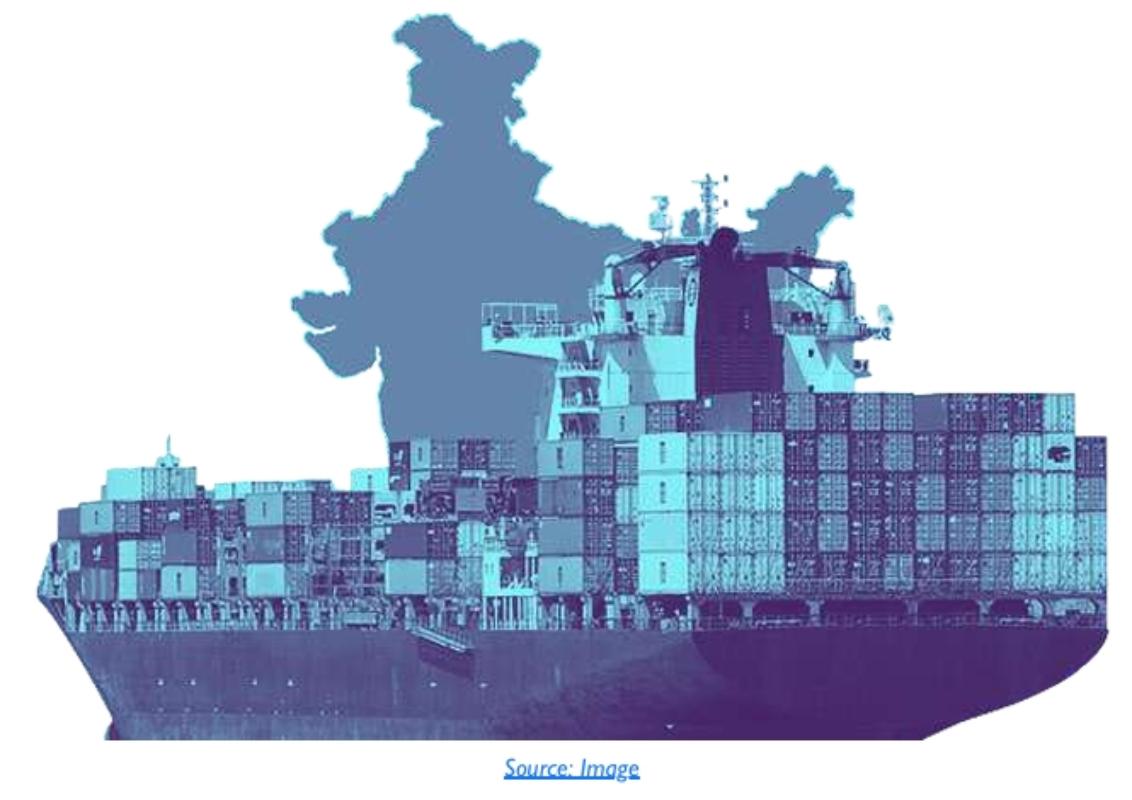As per the Census of India, 2011 (sadly, the last authoritative data set), there were as many as 48.2 crore workers (main and marginal) in India. This included about 11.9 crore farmers, 14.4 crore landless agricultural workersi and 21.9 crore non-agricultural workersii. Of these, only 3.3 crore were in the formal sector and all others, 93% of the workers, are farmers, agricultural labourers or informal sector workers, so don’t get a monthly pay check or bank transfer. Their cash flow is based on working.
If you are an agricultural worker, you are paid daily, weekly or monthly, depending on the contract with the farmer. But as farmers face difficulties in harvesting their Rabi crop as transportation, mandis and market demand all come to a standstill, they are likely to stop hiring farm labourers, so both farmers and agricultural workers are going to be facing a cash crunch.
If you are an informal sector worker, earning a living as a machine operator in a small enterprise, a street vendor of vegetables, a barber, an ironing press-wala, a domestic, a safai karamchari, a hamal loading and unloading goods in warehouses and transport yards, a security worker, a small shopkeeper, or a contract worker in one of the bigger shops in a mall, your cash flow would already be squeezed. At best you may have got wages till about 20th March, and some may get something more by the end of the month, but after that it will be bleak unless life limps back to normal.
Under such circumstances, what can the government do, which will
- Reach a large number of agricultural and informal sector workers
- Provide subsistence wages and food supplies
- Do it with minimal possibility of leakage, corruption, exploitation and delay
- Keep the fiscal burden on the government to as low as possible
In pursuit of reaching a large number of agricultural and informal workers, we need to look at three big systems we have in place and which are still functioning:
a. The Banking System, which is all pervasive through branches, micro-banking outlets and ATMs, and is largely working with the help of IT and telecom systems. There are over 33.66 crore Jan Dhan (basic savings bank deposit or BSBD) accounts with over Rs 1 lakh crore depositediii. In addition, for just one loan program, MUDRAiv, the banks had reached out to over 22 crore borrowersv . Likewise, for the Kisan Credit Cards reached another 7 crore farmersvi. So the banks can reach out to over 60 crore individuals who already have a deposit or a loan account with KYC done, electronically
b. The Payments System – We use it send money to each But Government is suing it to making millions of Direct Benefit Transfers (DBTs) through the banking system every month. DBTs of subsidies in cash and kind crossed the ₹3-lakh crore mark in 2018-19 to 123.8 crore beneficiaries through over 351 crore transactions. Obviously, multiple transactions during the year with the same beneficiary (such as monthly old age pensions) have been counted as separate beneficiaries. Still, the reach of the all-electronic and Aadhaar and biometric enabled DBT is unmatched.
c. The Public Distribution System (PDS) which is the official name for what we commonly refer to as “ration shops”, nearly 28 lakhvii of which existed nationwide. It also procures food grains and delivers it to consumers. To prevent leakages, electronic point of sale (e-Pos) devices have been installed in 4.67 lakh of these ration shops by Dec 2019viii. In 2018-19, the PDS served 80.7 crore persons and distributed 4.26 crore MT under the National Food Security Act, 2013.
These three systems are a great asset in the times of Covid-19, provided telecom, computer systems (and behind them the electricity system) and logistics of cash and food can be sustained.
Now here are some recommendations to use these systems to ease life in the times of Covid-19:
- The government should ask banks to extend the overdraft facility of up to Rs 10,000/- to all 32.4 crore Jan Dhan bank account holders.The accounts already exist and the banks only need to inform their Jan Dhan bank account holders branch-wise that such a facility has been activated. People can come to the branches or go to the nearest micro-banking outlet to get cash.As over 28.4 crore Jan Dhan account holders have been issued RuPay debit cards, these should be activated so that people can use ATMs as well as make digital payments.This will reduce the demand for cash.
To ease the banks, the government should, however, offer a default guarantee on Jan Dhan ODs. If we assume that about 30 crore people take an average of Rs 5000 overdraft, the total amount will be Rs 1.5 lakh crore. As these loans will go from banks, there will be no fiscal stress on the government and banks can also use their excess liquidity for this purpose. Even if we assume a 10% default rate, the government just has to make good only Rs 15,000 crore to banks.
- Government should ask banks to extend working capital cash credit loans to all current MUDRA loan borrowers and Kisan Credit Card (KCC) holder Based on the data released till Dec 2019xi
, we can project that over 22 crore persons got MUDRA loans cumulatively since 2015, worth over Rs 11 lakh crore. At least about half of them, perhaps 11 crore would still be current borrowers with banks. In addition there are 7 crore KCC holder farmers.They can all be extended a working capital limit equal to the loan that was granted to them.These limits should be in the form of cash credit.
Government should offer a default guarantee to banks on these additional cash credit limits. If we assume about 15 crore out of 18 crore eligible borrowers draw Rs 30,000 each from their cash credit limit, the total amount is Rs 4.5 lakh crore. As these loans will go from banks, there will be no fiscal stress on the government and banks can also use their excess liquidity for this purpose. If we assume a 5% default rate, the government just has to make good only Rs 22,500 crore to banks.
- Government should permit 5 crore EPFO account holding workers to withdraw equivalent of four months of contribution in their Provident Fund. As the PF contribution is 12% of basic pay each by employer and employee, this will amount to about 96% of basic monthly pay. Further withdrawal may be permitted every month for the next three months, subject to their having a balance in the PF account. This will enable workers who have stopped earning due to lay-offs to continue to get a subsistence income.
- The Government should release in one-shot three months’ Direct Benefit Transfers (DBT) cash subsidy to old age pensioners, the disabled, woman headed households, and any other disadvantaged This will bring about Rs 75,000 crorexiicash in their hands when they need it most and yet it does not increase the government’s fiscal burden since this was pre-budgeted.
- Finally, direct the PDS outlets to distribute free 35 kg wheat/rice free to each of the 23 crorexiii ration card holding households, for the next three Assuming the net cost is INR 30 per kg of ration delivered, this amounts to an outlay of about INR 72.450 crore, which is a small amount to create a sense of ease among 92 crore people (assuming a household of four people per ration card).
Interestingly, the additional fiscal cost of the above recommendations is only Rs 72,450 crore, under recommendation 5, and another potential Rs 37,500 crore for default guarantees. This together is less than 3% of the government budget in 2020. The main amount of Rs 6.0 lakh crore will come from a banking system which is flush with liquidity. And they will be guaranteed against default. Apart from easing life for agricultural and informal workers, it may revive our banks!

